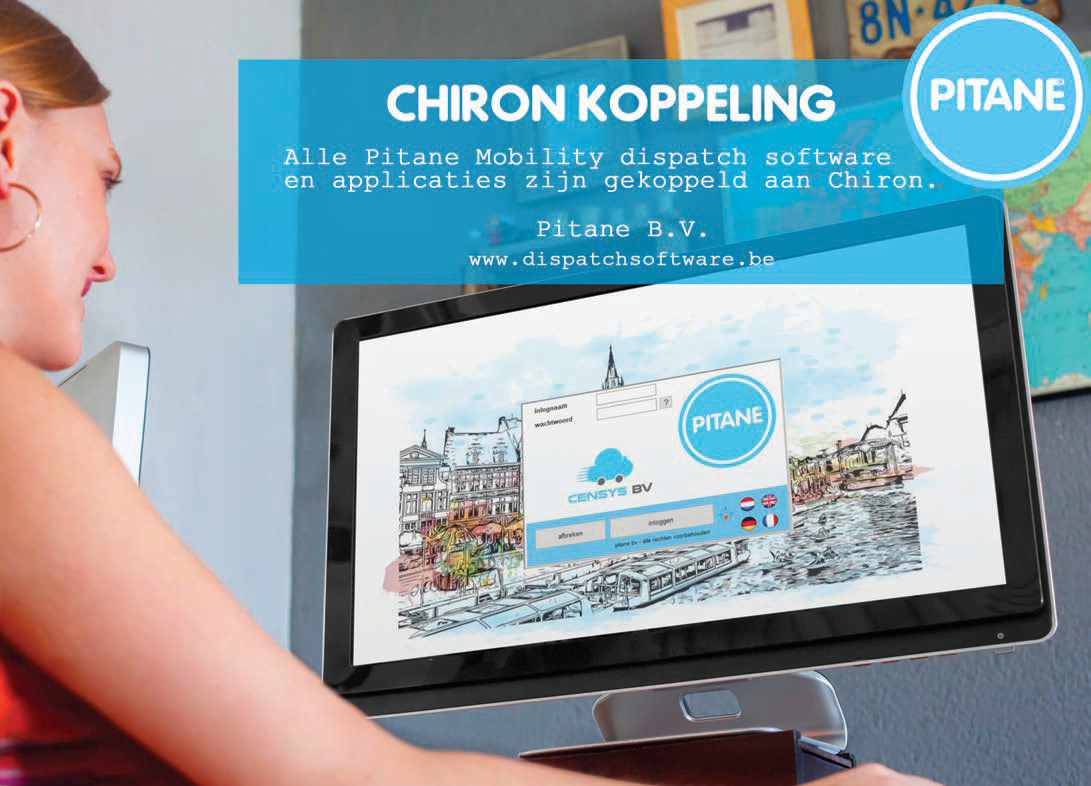More and more companies compare themselves with Uber in advertisements or press releases. With slogans such as we are the Flemish Uber competitor or our new app works, such as the Uber app, new services are launched and companies try to become known in the market. But why would you compare the company to a brand name that is very poorly regarded in the taxi sector? You can make it worse by calling the services übercool or calling the bus trip über nice. While taxi companies join forces against Uber, companies often forget to work on their own identity and use the wrong brand name as a reference.
Uber uses their own algorithms to link the customer to a driver in the area, but as a user you do not know who will pick you up. Perhaps more fun is that customers choose a driver with whom they have already built up a relationship during previous journeys and can indicate this in the app. There should be no competition with the American company, you don't win that. On the contrary, work on your own brand. Research shows, among other things, that when there is a hedonic motivation, less brand comparison takes place.
It is not allowed to compare apples with pears
Why should you start as a Flemish Uber to compete with street taxis? Wendy Steukers and Gwen Reynders from Hasseltse Gele Taxi received sufficient attention in the press, but where Wave-a-cab was mentioned, the name Uber was mentioned six times in the same article. Here, too, forgot to build your own identity and advertised more for the competitor than for your own shop.
Can you compare your own brand with others? The answer to this question is yes. You may create commercials or advertisements in which you compare your own brand or company with your biggest competitors. But there are rules attached to it. For example, there are European guidelines drawn up to which advertisers must adhere. The most important condition that comparative advertising must meet is fairness. Another condition is that the advertising must not be derogatory and must not unnecessarily damage the reputation of the competitor and its products.
According to the law, the advertiser must be able to prove his claim 'within a short period of time'. In practice, this means that a taxi company must have the substantiation for its comparative claim on the shelf. Comparative advertising should not be derogatory to the competitor, but handing out a tease is fine. The rules of comparative advertising cannot be circumvented by not naming the competitor. It is sufficient that the advertisement can be traced back to the competitor.
Also read: Brussels Prime Minister restricts Uber


